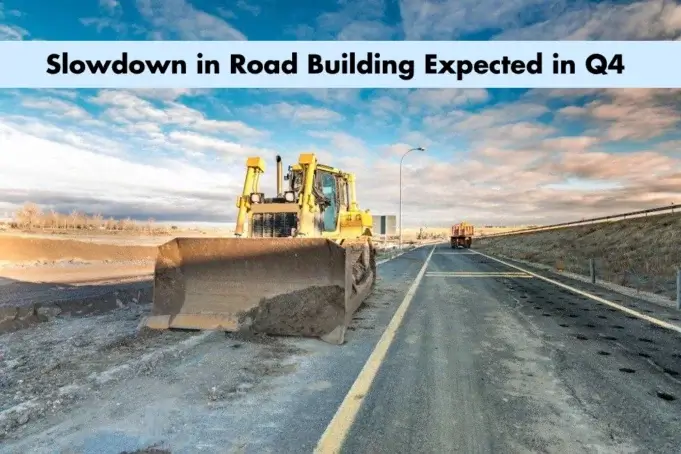The Indian government has laid out ambitious plans for the development of its national highway network. Under the proposal, the Ministry of Road Transport and Highways aims to construct and widen approximately 41,000 km of national highways by the year 2031-32. This ambitious project would require a total investment of Rs 19.5 lakh crore.
The project is set to be executed in phases, with the first phase scheduled to bid out projects by 2028-29 and complete construction by 2031-32. Once this phase is finished, it is anticipated to nearly double the average travel speed on India’s national highways from the current 47 kmph to 85 kmph. By comparison, the average travel speeds on highways in the United States exceed 100 kmph and in China, they reach 90 kmph. The Indian government’s goal is to reduce logistics costs to 9-10 percent of the GDP, as it currently stands at around 18% of the GDP.
To ensure the accessibility of high-speed corridors within 100-150 km from any part of India and to alleviate congestion in urban areas, specific high-speed corridors have already been identified. According to the Ministry of Road Transport and Highways, India will need approximately 50,000 km of high-speed corridors to achieve these objectives.
Despite these ambitious plans, ICRA has revised its forecast for road awards in fiscal year 2024, predicting a decline of 40-43 percent year-on-year. In the first seven months of FY24, road awards of only 2,595 km, indicated a 48 percent decrease from the same period in FY23. This decrease may be further exacerbated if the model code of conduct for General Elections takes effect in Q4 FY24, as March typically accounts for a significant portion of awards in a given year. Nevertheless, ICRA highlights that road execution remains robust and is expected to increase by 16-21 percent year-on-year to 12,000-12,500 km in FY24, primarily due to a backlog of projects resulting from healthy awards in recent years, increased government capital expenditure, and a focus on project completion ahead of the General Elections.
Additionally, India has signed agreements with the Asian Development Bank (ADB) for two loans of $250 million each. One of these loans supports the National Industrial Corridor Development program, while the other finances the construction of the 82-km Delhi-Meerut Regional Rapid Transit System (RRTS) corridor. The RRTS project aims to enhance urban mobility and economic opportunities by significantly reducing travel time in the national capital region.
Furthermore, the government is actively working on road projects to boost tourism. Currently, 97 projects covering 3,111 km of road network are in progress, with an estimated cost of Rs 74,353 crore. These projects are designed to improve connectivity to 50 prioritised tourist destinations. Additionally, plans are underway for 98 more projects spanning 3,727 km of road and highway connectivity at a capital cost of Rs 63,853 crore, further enhancing accessibility to other tourist destinations.











